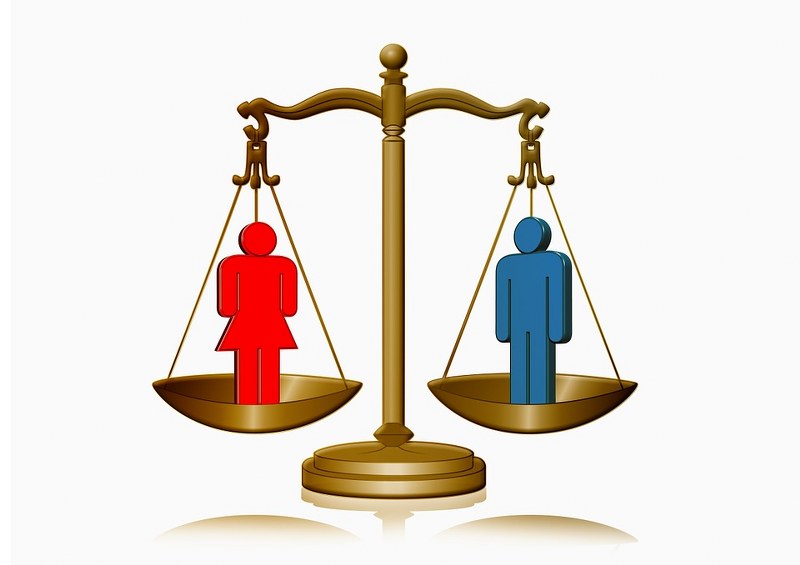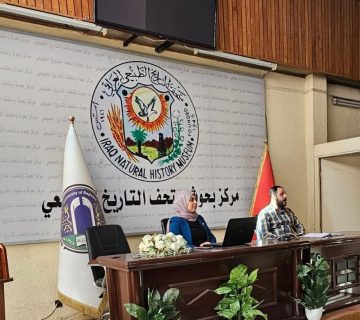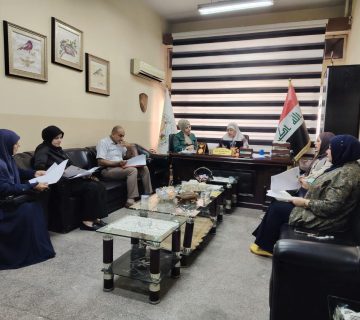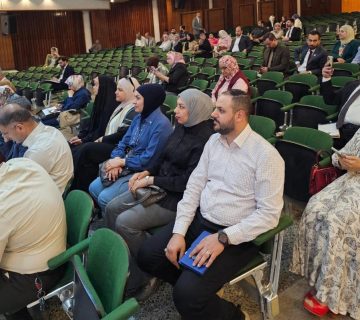This discourse delves into the pursuit of gender equality, particularly within the professional realm. The text posits that women represent nearly half of the global population, necessitating a revaluation of their role and the opportunities afforded to them. It advocates for dismantling systemic barriers obstructing their independence and fostering a level playing field in global professional arenas. This objective transcends mere parity between genders; It strives to empower women, enabling them to drive innovation across public and private sectors, unimpeded by preconceived notions and discriminatory practices.
Economic and Social Challenges:
Women across the globe often face economic disadvantages compared to their male counterparts. Societal norms dictate how women utilize their time, potentially diminishing their capabilities. Moreover, traditional gender roles contribute to obstacles in their professional journey. However, bridging the gender gap holds immense economic potential. Increased access to opportunities for women could accelerate economic growth, broaden economic activity, and empower women to play a pivotal role in poverty reduction and agricultural development.
Legal and Cultural Considerations:
Unequal access to legal rights and protection hinders women’s empowerment and economic growth in certain regions, particularly in the Arab world. Laws and law enforcement practices that discriminate against women impede human development and economic progress. Conversely, evidence suggests that empowering women plays a crucial role in poverty alleviation, activating development, and tackling global challenges. It will become imperative to acknowledge the interconnectedness of women’s rights and societal well-being.
Universality and Diversity:
The pursuit of gender equality finds its foundation in international human rights law, as enshrined in the Universal Declaration of Human Rights. This landmark document underscores the inherent dignity and equal rights of all individuals, irrespective of gender. However, it is crucial to recognize that discriminations are not biologically pre-determined and manifests differently across geographical and cultural contexts. Therefore, promoting gender equality demands an appreciation for the diverse realities and experiences of women across age groups, social backgrounds, geographical locations, and educational levels.
Conclusion:
The fight for gender equality in the workplace and beyond is not merely a quest for fairness; it is an investment in progress and prosperity. By dismantling discriminatory barriers and empowering women to contribute fully to society, we pave the way for a more equitable and sustainable future for all.









